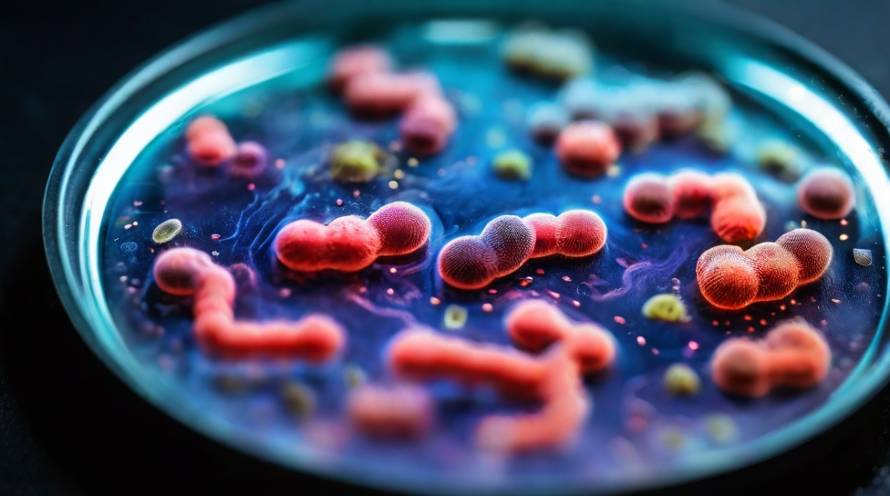A new study has shed light on the important role that gut bacteria play in the synthesis and breakdown of intestinal mucus following burn injuries in mice. The gut microbiota, a complex ecosystem within the human intestinal tract, is increasingly recognized for its vital role in human health and disease. However, its relationship with intestinal damage due to burns has been largely unexplored until now.
Researchers used advanced techniques, such as 16S rRNA and metagenomic sequencing, to analyze the effects of burn injury on the gut microbiota and mucus barrier in mice. They assessed colon tissue and mucus barrier integrity using a modified histopathological grading system. The study, published in the journal Burns & Trauma, revealed significant changes in gut microbial composition over 10 days post-burn.
“This study is a breakthrough in understanding the intricate relationship between gut microbiota and intestinal health, post-burn injuries. It highlights the dual role of microbiota in both exacerbating and healing intestinal damage, offering a new perspective for targeted therapeutic strategies,” said Professor Xi Peng, the leading researcher of this study.
The findings suggest that burn injury disrupts the intestinal mucus barrier and alters the composition of gut bacteria. Mucus-degrading bacteria appear to contribute to mucus breakdown, while probiotics may promote repair through the production of short-chain fatty acids.
This research holds significant promise for improving burn treatment outcomes. By targeting specific gut bacteria or their metabolites, it may be possible to protect the intestinal mucus barrier, prevent bacterial translocation, and ultimately improve patient survival and recovery. However, further research is needed to translate these findings into clinical applications.
#GutMicrobiota #BurnInjuries #IntestinalHealth #MicrobiomeResearch

